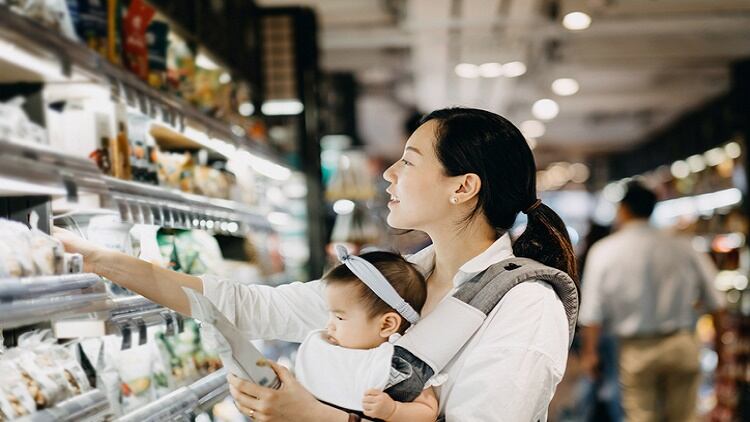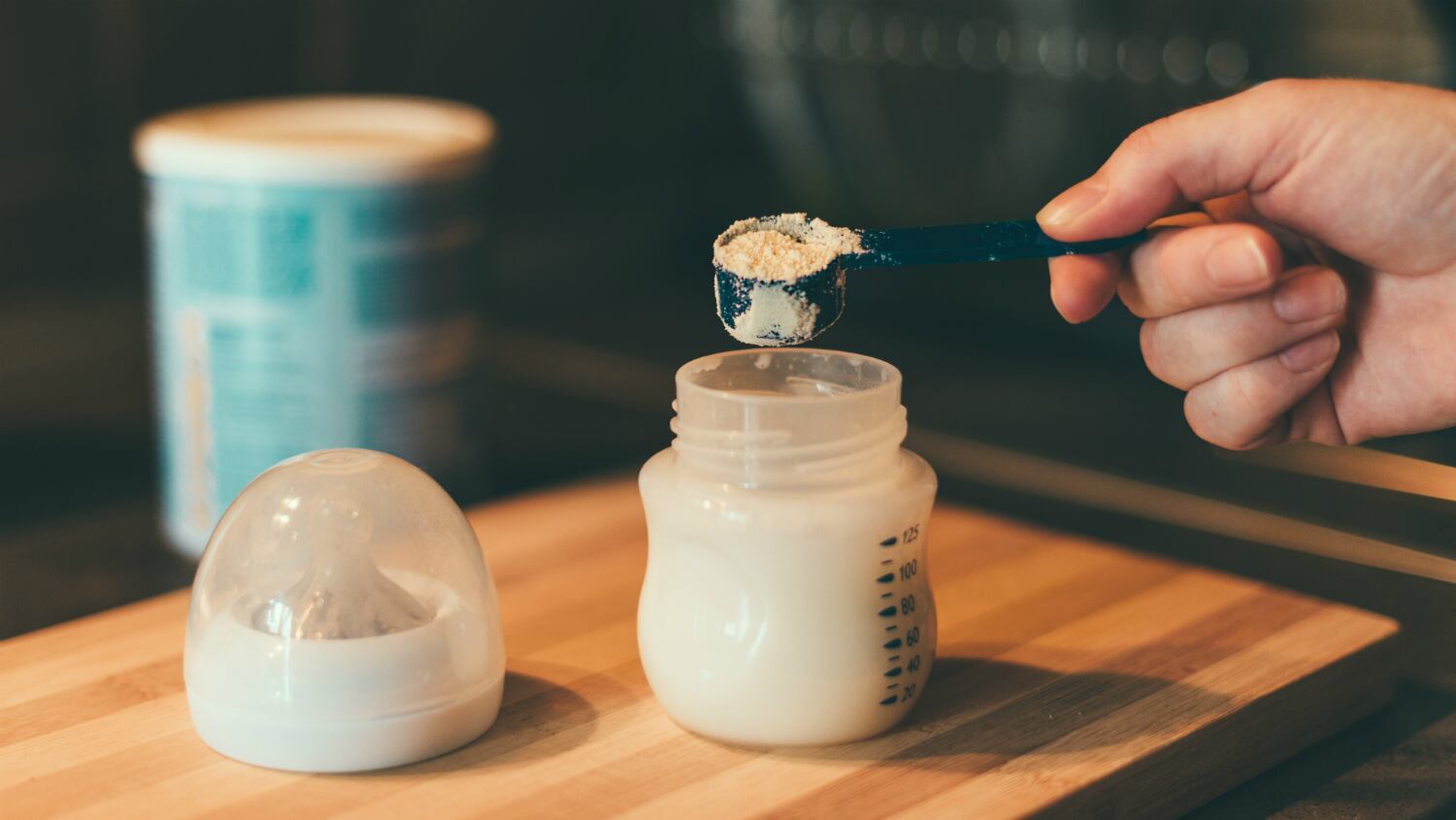The study, published in the Journal of Food Safety and Quality, was conducted by Shanghai Institute of Quality Inspection and Technical Research.
A total of 836 parents with infants and toddlers between the age of 0 and three from Shanghai took part in the study.
The parents were required to answer questionnaires pertaining to their purchasing habits of infant formula products, including the selection of product brands, sales channels, the daily consumption of infant formula, and whether complementary foods were added.
More than two-thirds (65%) of the purchases were made at mother-and-baby stores, while 17% bought it from supermarkets. Surprisingly, online and daigou purchases were comparatively lower at 12% and 6% respectively.
“Because of the uniqueness and importance of infant formula powder, parents would prefer to look at the actual products when selecting products for their children. Therefore, they will feel more at ease when shopping at brick-and-mortar stores. In addition, there are more negative news related to online and daigou purchases, which is why consumers are turning to offline shopping,” the researchers said.
Another study, conducted by Tmall Global, also showed that Chinese mothers are buying less infant formula online, specifically, via the cross-border e-commerce. The report claimed that the sales of milk powders on cross-border platforms have been declining since 2016.
Overseas brands still leading
Although the mode of purchase is leaning towards brick-and-mortar stores, overseas brands are still a favourite amongst Shanghai parents.
According to the study, more than half (57%) of the parents have bought overseas infant formula brands. The remaining ones bought either local Shanghai brands (7%) or other Chinese brands (36%).
Currently, most of the infant formula powder from China are produced in Inner Mongolia, Heilongjiang, Shaanxi, and Guangdong.
The researchers said that overseas brands remained highly popular because the local Chinese brands did not enjoy an advantage in terms of pricing when compared to the overseas brands, and their brand image was still recovering from the 2008 melamine scandal.
On the other hand, the intake of infant formula milk powder is highest in infants aged 6 to 12 months old at an average of 97.3g/day, followed by infants aged 0 to 6 months at 87.4g/day, and those between 1 and 3 years old at 79.3g/day.
Liquid Vs powder
Although liquid infant formula is an option in China, most of the parents from Shanghai still preferred infant formula powder.
As compared to infant formula powder, liquid infant formula could be readily drank by the infants since it is already prepared in the right proportion.
According to the study, only 3% of the respondents had bought liquid infant formula for their children.
Source: Journal of Food Safety and Quality
Dietary Nutrition Survey of Infant Formula Powder in Shanghai City
Authors: Kai-Qu Dong, et al





